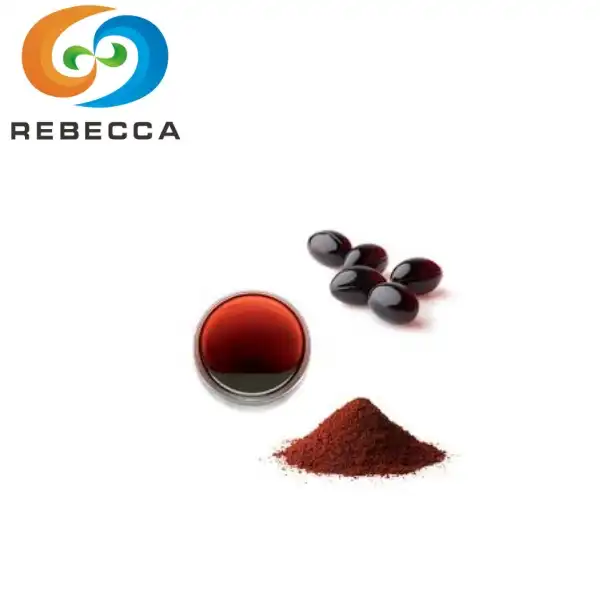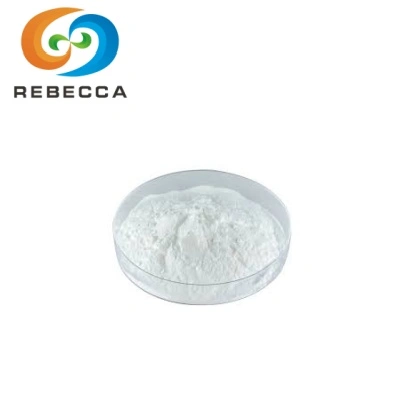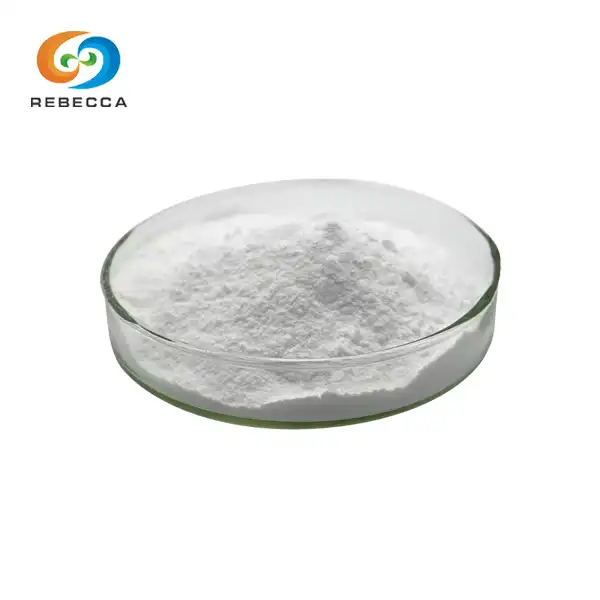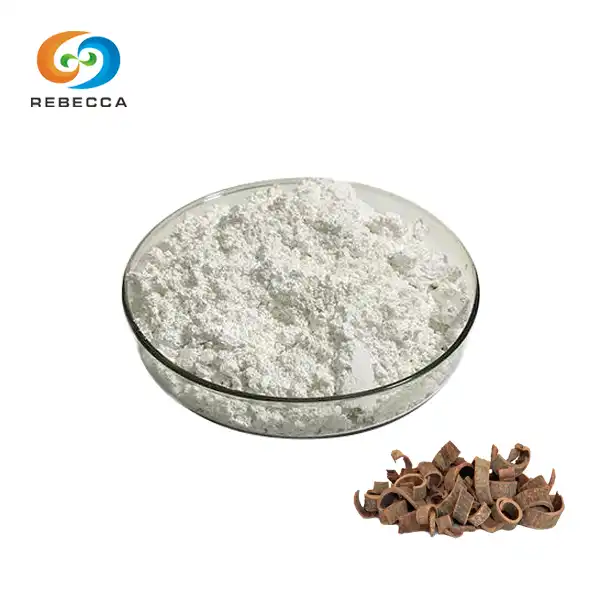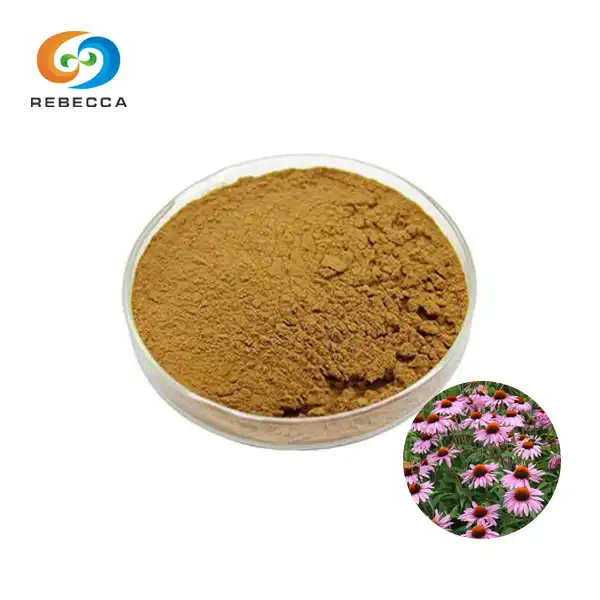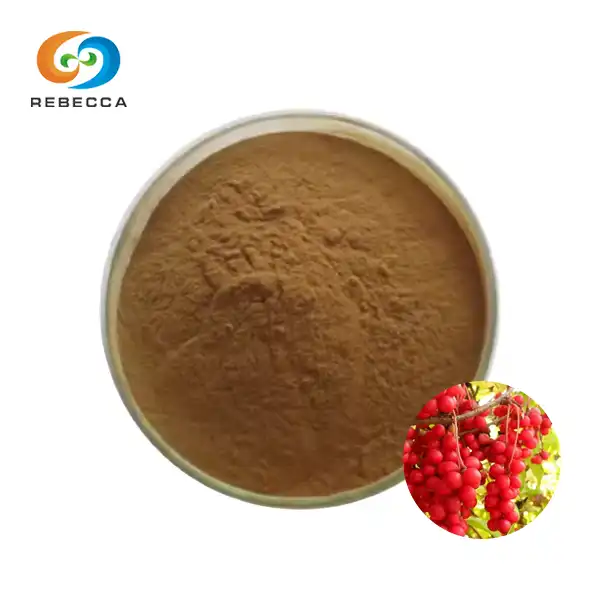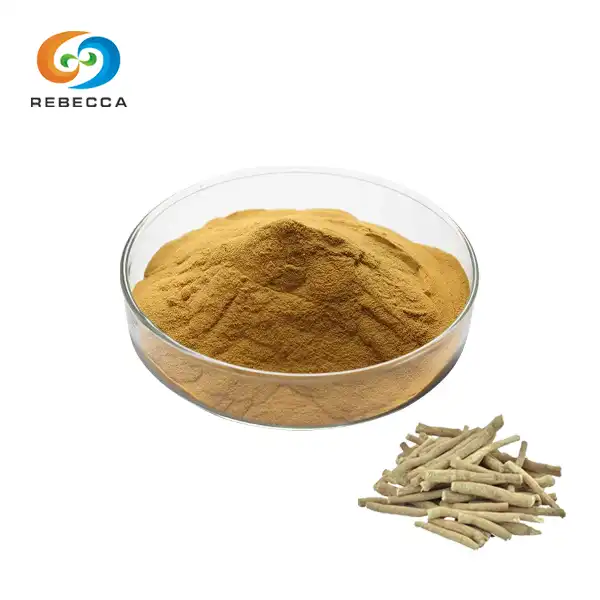Which is better, creatine or creatine monohydrate?
When it comes to the creatine monohydrate vs creatine debate, it's essential to understand that creatine monohydrate is actually a specific form of creatine. In fact, creatine monohydrate powder is the most researched and widely used form of creatine supplement. It consists of a creatine molecule bound to a water molecule, offering excellent stability and bioavailability.
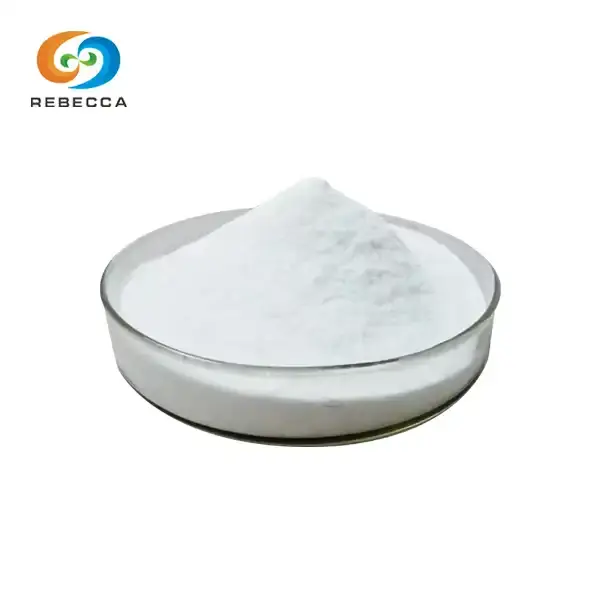
Product Name: Creatine Monohydrate
Creatine Monohydrate PowderSpecification: 99.5%-102.0%, HPLC
CAS: 6020-87-7
Creatine monohydrate Professional Manufacturer and Supplier
Free Sample Available, MSDS Available
Creatine vs. Monohydrate: Chemical Differences Explained
Molecular structure: Creatine vs. Creatine Monohydrate
The molecular structure of creatine and creatine monohydrate is closely related but distinct. Creatine, in its pure form, is an organic compound with the chemical formula C4H9N3O2. It's a naturally occurring substance found in small amounts in certain foods and synthesized by the body. Creatine monohydrate powder, on the other hand, has the chemical formula C4H9N3O2·H2O. The key difference lies in the additional water molecule attached to the creatine structure in creatine monohydrate.
This slight variation in molecular structure plays a significant role in the supplement's stability and absorption. The water molecule in creatine monohydrate helps stabilize the compound, making it less prone to degradation during storage and more easily absorbed by the body. This structural advantage contributes to its popularity among athletes and fitness enthusiasts.
Stability and shelf life: Comparing the two forms
When it comes to stability and shelf life, creatine monohydrate powder holds a clear advantage over pure creatine. The additional water molecule acts as a protective barrier, shielding the creatine molecule from environmental factors that could lead to degradation. This enhanced stability translates to a longer shelf life, making creatine monohydrate a more practical choice for both manufacturers and consumers.
Pure creatine, without the protective water molecule, is more susceptible to breakdown when exposed to heat, humidity, or pH changes. This instability can lead to a shorter shelf life and potentially reduced efficacy over time. For this reason, many supplement companies prefer to work with creatine monohydrate, as it ensures a more consistent and reliable product for their customers.
Purity levels: Which form offers higher concentration?
When discussing purity levels, it's important to note that both pure creatine and creatine monohydrate can be produced at high levels of purity. However, the concentration of active creatine in each form differs due to their molecular structures. Pure creatine, being the base molecule, offers a higher concentration of creatine per gram. In contrast, creatine monohydrate powder contains approximately 88% creatine by weight, with the remaining 12% being the bound water molecule.
Despite this slight difference in concentration, creatine monohydrate remains the preferred form for supplementation. The marginal decrease in creatine content per gram is offset by its superior stability and bioavailability. Moreover, the established dosing protocols for creatine supplementation are based on research using creatine monohydrate, making it easier for users to follow evidence-based guidelines.
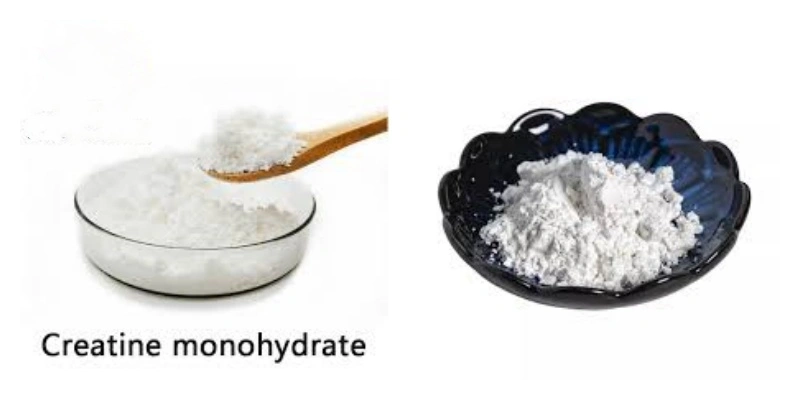
Performance Benefits: Comparing Creatine Forms
Muscle strength gains: Creatine vs. Creatine Monohydrate
When examining muscle strength gains, both have demonstrated significant benefits. However, the vast majority of scientific research has focused on creatine monohydrate, providing a robust body of evidence for its efficacy. Studies have consistently shown that creatine monohydrate supplementation can lead to notable increases in muscle strength, particularly during high-intensity, short-duration activities like weightlifting and sprinting.
The mechanism behind these strength gains is rooted in creatine's role in energy production within muscle cells. By increasing the availability of phosphocreatine, creatine supplementation enhances the body's ability to rapidly regenerate ATP (adenosine triphosphate), the primary energy currency of cells. This increased energy availability allows for more intense and prolonged muscle contractions, ultimately leading to greater strength gains over time.
Endurance improvement: Which form excels?
While creatine is primarily known for its benefits in high-intensity, short-duration activities, its impact on endurance performance has also been a subject of interest. In this aspect, creatine monohydrate powder has shown mixed results, with some studies indicating modest improvements in endurance capacity, particularly in repeated high-intensity efforts within endurance sports.
The potential endurance benefits of creatine supplementation are thought to stem from its ability to buffer lactic acid accumulation and improve recovery between high-intensity bouts. However, it's important to note that these effects are generally less pronounced than the strength and power benefits observed in resistance training and sprint-type activities.
Recovery enhancement: Comparing post-workout effects
Recovery is a critical aspect of any training regimen, and both creatine and creatine monohydrate have shown promising effects in this area. Creatine monohydrate, in particular, has been extensively studied for its potential to enhance post-workout recovery. Research suggests that creatine supplementation may help reduce muscle damage and inflammation following intense exercise, potentially leading to faster recovery times and reduced muscle soreness.
Furthermore, creatine's ability to increase muscle glycogen storage may contribute to improved recovery, especially in sports or training regimens that involve repeated bouts of high-intensity exercise. This enhanced glycogen storage can help athletes maintain performance levels over multiple training sessions or competition days.
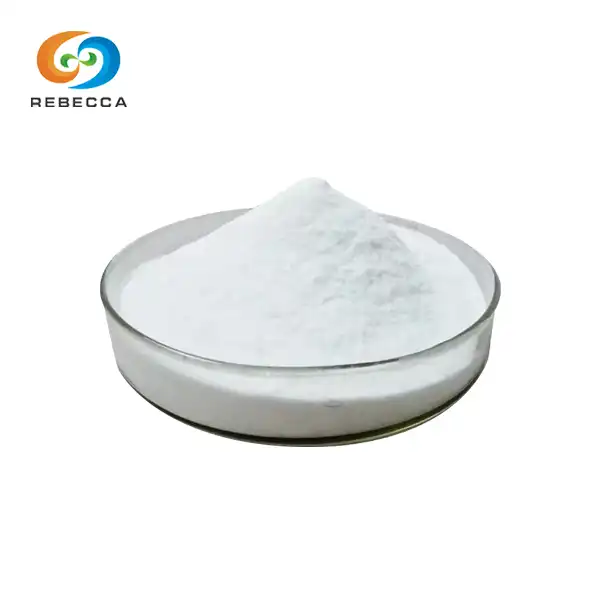
Absorption Rates: Impact on Muscle Gains
Bioavailability: How quickly each form enters the bloodstream
Bioavailability is a crucial factor in the effectiveness of any supplement, and in the case of creatine, it plays a significant role in determining how much of the ingested substance actually reaches the muscle cells. Creatine monohydrate has demonstrated excellent bioavailability, with studies showing that it is efficiently absorbed by the body. The addition of the water molecule may contribute to its enhanced solubility and absorption in the gastrointestinal tract.
While pure creatine also exhibits good bioavailability, the stability advantages of creatine monohydrate ensure that a higher percentage of the ingested dose remains intact and available for absorption. This reliability in absorption rates is one of the key reasons why creatine monohydrate powder has become the standard form used in most research and supplementation protocols.
Muscle saturation: Creatine vs. Monohydrate loading phases
The concept of muscle saturation is central to the effectiveness of creatine supplementation. Both aim to increase intramuscular creatine stores, but the loading protocols have been most extensively studied with creatine monohydrate. The typical loading phase involves consuming 20-25 grams of creatine monohydrate per day for 5-7 days, followed by a maintenance dose of 3-5 grams daily.
This loading protocol has been shown to rapidly increase muscle creatine stores, leading to quicker onset of performance benefits. While similar loading protocols could theoretically be applied to pure creatine, the established safety and efficacy data for creatine monohydrate powder make it the preferred choice for most users and researchers.
Long-term effects: Sustained creatine levels in muscles
The long-term effects of creatine supplementation on muscle creatine levels are of particular interest to athletes and researchers alike. Studies have shown that regular supplementation with creatine monohydrate can lead to sustained elevation of muscle creatine stores over extended periods. This sustained increase is associated with ongoing performance benefits, provided that supplementation is maintained.
Interestingly, research has also indicated that once muscle creatine stores are saturated, they can remain elevated for some time even after supplementation is discontinued. This "washout" period can last several weeks, suggesting that the benefits of creatine supplementation may persist for a short time after stopping use. However, for continued benefits, regular supplementation is recommended.
In the creatine monohydrate vs creatine comparison, creatine monohydrate emerges as the superior choice for most users. Its proven track record in scientific research, excellent stability, high bioavailability, and cost-effectiveness make it the go-to form of creatine for athletes and fitness enthusiasts.
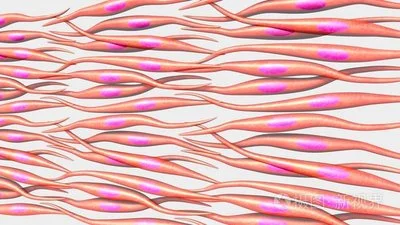
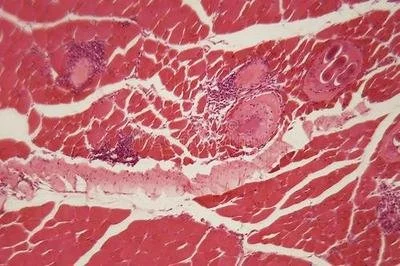
Pure Creatine Monohydrate Powder Supplier
Shaanxi Rebeccia is a professional pure creatine monohydrate powder supplier in China. Our production base is equipped with internationally leading extraction, separation, and purification equipment, and operates in strict compliance with GMP and ISO standards. From raw material procurement to finished product delivery, every step undergoes rigorous quality control to ensure the safety and efficacy of our products. Our specifications include: 99.5%-102.0%, HPLC CAS: 6020-87-7. We offer free samples and MSDS availability. For inquiries about our high-quality creatine monohydrate products, please contact us at information@sxrebecca.com.
References
- Kreider, R.B., et al. (2017). International Society of Sports Nutrition position stand: safety and efficacy of creatine supplementation in exercise, sport, and medicine. Journal of the International Society of Sports Nutrition, 14, 18.
- Buford, T.W., et al. (2007). International Society of Sports Nutrition position stand: creatine supplementation and exercise. Journal of the International Society of Sports Nutrition, 4, 6.
- Cooper, R., et al. (2012). Creatine supplementation with specific view to exercise/sports performance: an update. Journal of the International Society of Sports Nutrition, 9(1), 33.
- Gualano, B., et al. (2012). Creatine supplementation in health and disease: what is the evidence for long-term efficacy? Molecular and Cellular Biochemistry, 368(1-2), 319-334.
- Rawson, E.S., & Volek, J.S. (2003). Effects of creatine supplementation and resistance training on muscle strength and weightlifting performance. Journal of Strength and Conditioning Research, 17(4), 822-831.
